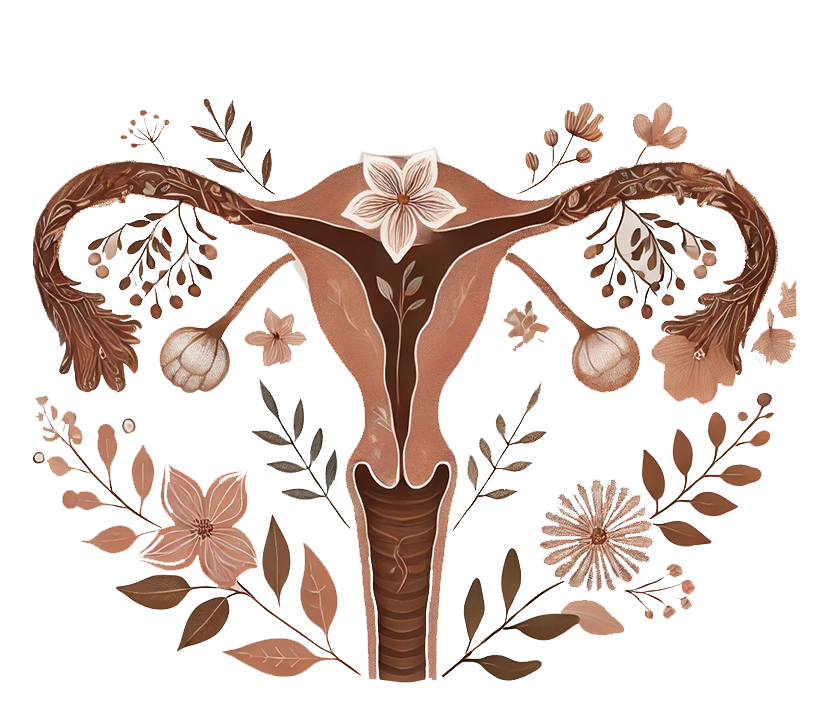1. Preparation
Blood tests and a consultation with your gynaecologist are necessary. You may need imaging (an MRI and ultrasound) to assess fibroid size, number and location as well as to exclude or diagnosis other conditions such as adenomyosis, endometriosis or suspicious masses. If you are over the age of 35, you will need a referral from your gynaecologist or fertility specialist.


